Share the burden of humanitarian situations: Dhaka to int'l community
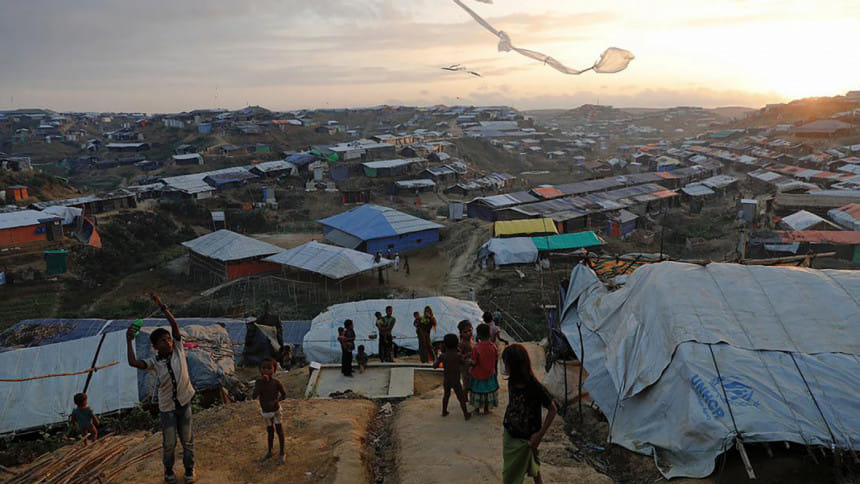
Bangladesh has said the principle of burden- and responsibility-sharing should be central to the actions of the international community in addressing humanitarian situations.
"Emergency humanitarian responses such as pandemics and health emergencies must be underpinned by additional humanitarian assistance, without curtailing the funds for regular humanitarian needs," Bangladesh's Permanent Representative to UN Ambassador Rabab Fatima said.
She made the remarks at the high-level panel discussion on "Addressing the increasing complexity of health challenges in humanitarian context" in the 2020 ECOSOC Humanitarian Affairs Segment (HAS) in New York on Tuesday.
Sharing Bangladesh's experience, Ambassador Rabab Fatima stated that Bangladesh's hosting of 1.1 million Rohingyas from Myanmar demonstrated its commitment to humanity and human rights.
She briefed the meeting about some of the efforts of Bangladesh to reduce the risk of transmission of Covid-19 in the Rohingya camps which include steps taken to put in place hygiene and social distance measures and setting up of temporary isolation centres while ensuring that humanitarian operations continued unhindered.
She also mentioned that these measures have kept Covid-19 spread among the Rohingya population to a minimum; not anywhere close to the infection rate in the host community, said a media release on Wednesday.
The Bangladesh permanent representative to the UN also mentioned that the Rohingyas had been included in Bangladesh's national Covid-19 response and recovery plans.
Morocco as the vice-president of the ECOSOC had chaired the ECOSOC HAS meeting while Under Secretary General for Humanitarian Affairs and Emergency Relief Coordinator Mark Lowcock moderated the discussion.
'SPECIAL ATTENTION TO GENDER DIMENSION'
Earlier, UN Secretary General Antonio Guterres addressed the HAS and mentioned that health emergencies such as the Covid-19 pandemic could exacerbate any humanitarian crisis, and therefore, the refuges and other people in humanitarian situations were being given high priority in UN's Global Humanitarian Response Plan.
Sigrid Kaag, the minister for foreign trade and development of the Netherlands, participated in the meeting and said that after striking first in some of the world's wealthiest countries, Covid-19 was now ravaging countries where health systems were not as advanced, and where people had fewer coping mechanisms.
She emphasised resilience building efforts of the affected communities.
The permanent representative of Bangladesh underscored that the existing gaps in humanitarian assistance coordination must be addressed and everyone including refugees and migrants and their host communities must have unhindered and free access to vaccines and treatments, without any additional burden to their host countries.
Ambassador Rabab Fatima emphasised that all humanitarian programmes for preparedness, response and recovery need to be inclusive of mental health and psychosocial support for all affected people.
She urged for special attention to the gender dimension and particular challenges faced by women, in such situations.
Mentioning that climate vulnerability can also create humanitarian emergencies as climate change has put millions of people facing vector-borne diseases, Ambassador Fatima underscored the importance of renewed climate actions.
The ECOSOC Humanitarian Affairs Segment (HAS) meeting was also attended by a considerable number of high level representatives from OCHA, WHO, WFP, IFRC, and other UN agencies who briefed their respective activities as well as the challenges they have been facing in accessing the humanitarian situations and providing services to the affected people during the Covid-19 pandemic.

 For all latest news, follow The Daily Star's Google News channel.
For all latest news, follow The Daily Star's Google News channel. 

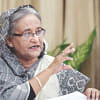
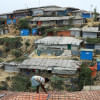
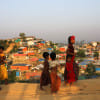
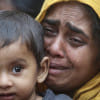
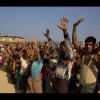


Comments